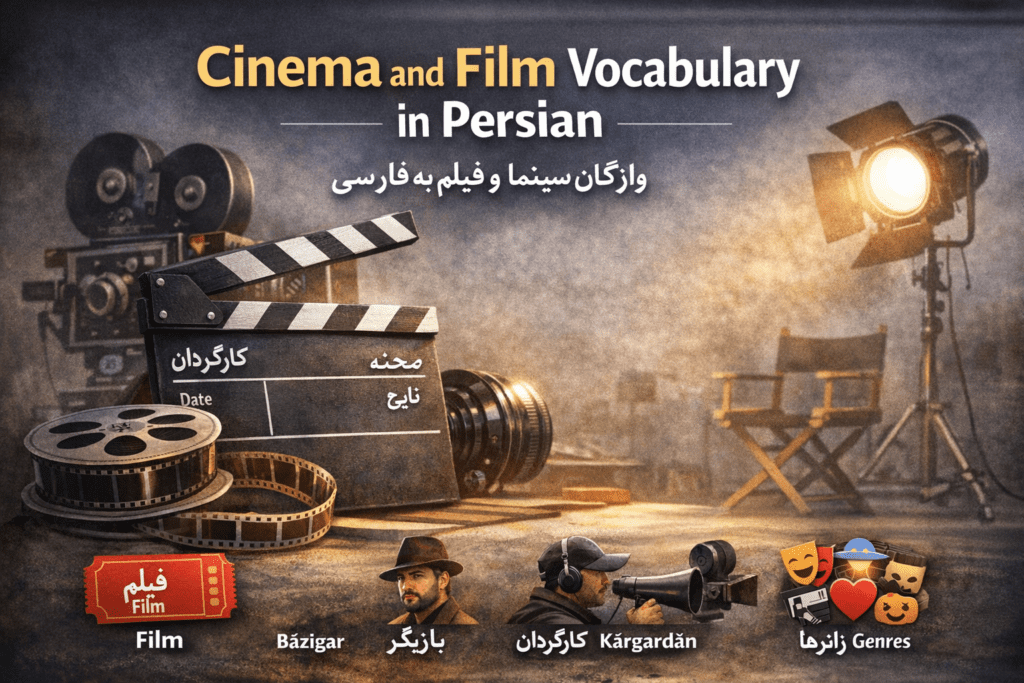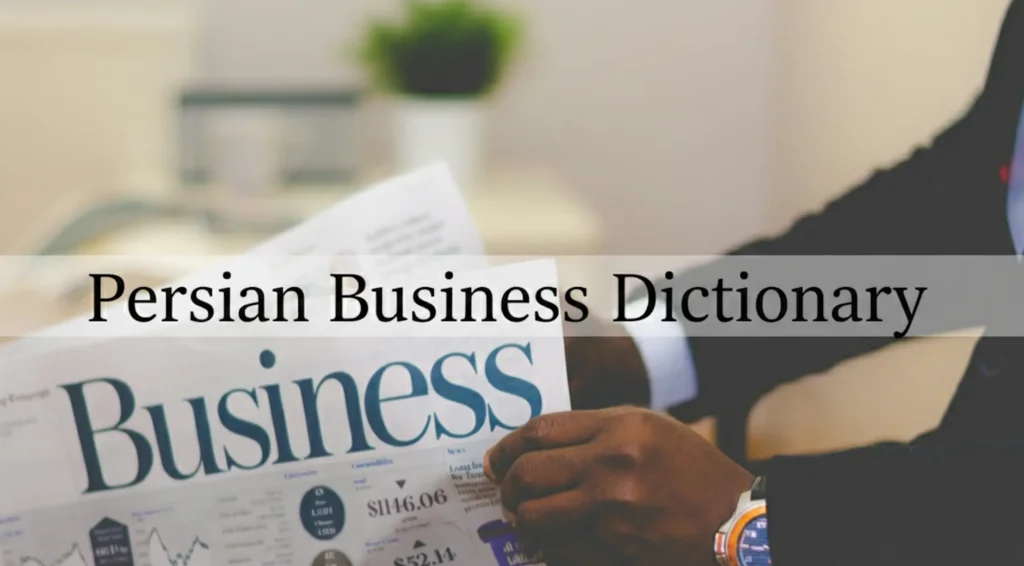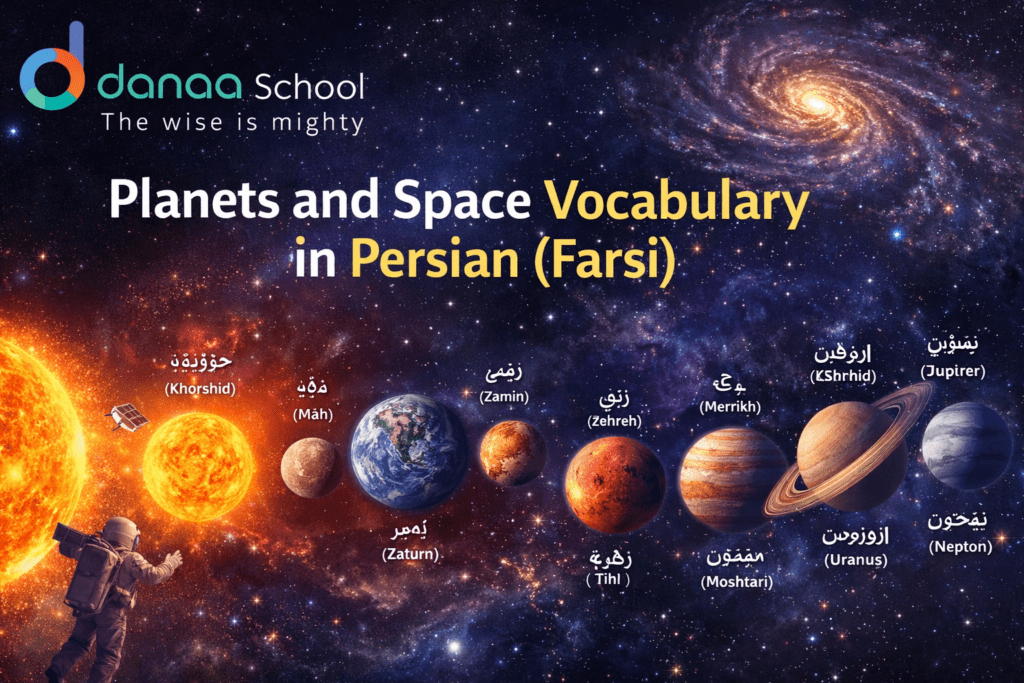Good Morning in Farsi: Persian Greetings Explained
Good morning in Farsi is more than just a phrase — it reflects Persian culture, warmth, and respect. In this guide, you’ll learn how to say good morning in Farsi correctly, how to pronounce it, and how greetings are used in real Persian conversations.
How to Say Good Morning in Farsi
The most common and natural way to say good morning in Farsi is:
صبح بخیر (Sobh Bekheir)
- Pronunciation: sobh bek-heir
- Meaning: Literally “morning of goodness,” used exactly like “good morning” in English.
You can use Sobh Bekheir in both formal and informal situations — with family, friends, colleagues, or strangers.
Other Common Persian Greetings
Besides saying good morning in Farsi, here are other essential Persian greetings you should know:
- سلام (Salām) – Hello / Hi (used any time of day)
- شب بخیر (Shab Bekheir) – Good night
- خسته نباشید (Khaste Nabāshid) – Used to greet or thank someone for their effort
Persian greetings often go beyond one word and may include asking about health, sleep, or family.
Cultural Meaning of Greetings in Persian
In Persian culture, greetings show care and respect. When saying good morning in Farsi, it is common to continue with polite questions like:
- خوب خوابیدی؟ (Did you sleep well?)
- صبحات بخیر بود؟ (Was your morning good?)
This longer greeting style reflects Iranian hospitality and emotional connection.
FAQs About Good Morning in Farsi
How do you say good morning in Farsi?
You say صبح بخیر (Sobh Bekheir).
Is “Sobh Bekheir” formal or informal?
It is neutral and works in both formal and informal situations.
Do Persians use greetings differently than English speakers?
Yes. Persian greetings are usually longer and include polite follow-up questions.
Is Persian the same as Farsi?
Yes. Persian and Farsi refer to the same language.
Conclusion
Learning how to say good morning in Farsi is a simple but powerful step toward understanding Persian language and culture. With correct pronunciation and cultural awareness, you’ll sound natural and respectful in everyday conversations.
To continue learning Persian step by step, explore structured lessons at Danaa School.
How do you greet someone in Farsi?
The most common greeting is “Salam” (hello). If it’s morning, you can say “Sobh Bekheir” (good morning). You can combine greetings like “Salam, Sobh Bekheir!” to be extra polite.
What is a good morning in Farsi?
Good morning in Farsi is “Sobh Bekheir” (صبح بخیر), which literally translates to “morning goodness.”
What is the meaning of Shab Bekheir?
“Shab Bekheir” (شب بخیر) means “good night.” It’s the phrase used to wish someone well as they head to bed or to close the day.
What does Salam Sobh Bekheir mean?
“Salam Sobh Bekheir” means “Hello, good morning.” This is a friendly way to greet someone in the morning, combining the words for “hello” and “good morning.”
What is a common greeting in Iran?
The most common greeting is “Salam,” which means “hello.” It’s versatile and can be used with anyone, anytime.
How to be polite in Persian?
Being polite in Persian often involves more than just words. Along with using phrases like “Salam” or “Sobh Bekheir,” body language and tone are essential. A warm smile, a gentle handshake, and genuine interest in how the other person is doing are all key. Showing gratitude by saying “Merci” (borrowed from French) or “Tashakor” also goes a long way in Iranian culture.
Mastering Farsi Greetings – Where to Start?
Now that you’ve got a handle on some essential morning greetings and other polite phrases, it’s time to put them into practice! If you’re serious about mastering Farsi, I highly recommend enrolling in Danaa School’s Farsi Learning course. Whether you’re a complete beginner or just looking to improve your skills, their courses will give you a strong foundation in the Persian language, especially when it comes to daily conversations and greetings. Enroll now.









